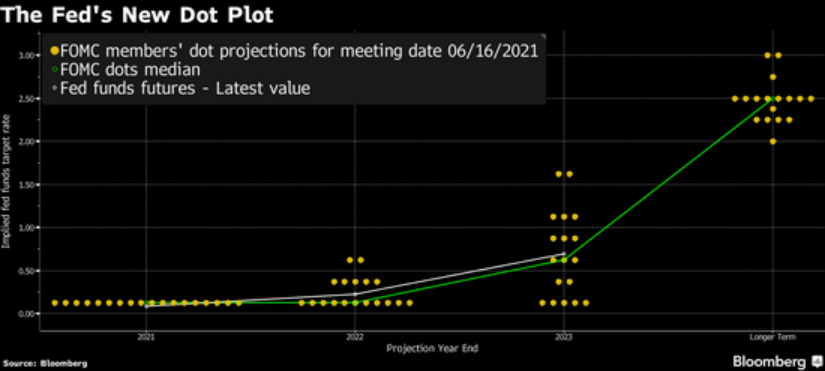According to Minister of Labor Heil, fixed-term fixed-term contracts should no longer last as long in the future – nor should they be allowed to be extended as often. The aim is to make them an exception again.
Federal Labor Minister Hubertus Heil wants to restrict the indefinite time limit of employment contracts. In a draft law of his ministry, among other things, a shorter duration of such time limits is provided. In addition, it should not be possible to extend it as often in the future. “There are too many arbitrarily fixed-term employment contracts, which mean great uncertainty in planning life, especially for young people,” said the SPD politician to the “editorial network Germany”. For employees – especially young professionals – fixed-term fixed-term contracts meant insecurity and often less income. Many fixed-term contracts are often not necessary for operational reasons, but only a means of circumventing protection against dismissal. “The coalition agreement therefore agreed to significantly reduce time limits. I am now implementing this with the draft law.”
18 months instead of two years
In the draft to amend the general law on fixed-term contracts, it says: “The limitation of an employment contract without the existence of an objective reason will be permitted for a period of 18 months instead of the previous two years.” Up to this total duration, the time limit should only be able to be extended once instead of three times in future. Unfounded time limits should also be limited to new hires. Employers with usually more than 75 employees are also allowed to “limit a maximum of 2.5 percent of their employees for no reason”. According to Heil, fixed-term fixed-term contracts should become the exception again as they were originally intended. With the law, the ministry also wants to take action against chain fixed-term contracts, for example if there is a material reason such as parental leave or order peaks. For this purpose, fixed-term employment contracts with the same employer should be limited to a maximum of five years. Times in temporary work for the company would be counted towards this. The draft is currently being discussed within the government. According to Heil’s plans, the law is to come into force on January 1, 2022 and apply to both the public service and the private sector.
Praise and criticism
Ver.di welcomed the plans. Unfounded fixed-term contracts and chain employment contracts “make employees vulnerable to blackmail and deprive them of security and prospects in uncertain times,” explained the union. In the industries that are currently being hired, fixed-term fixed-term contracts are “unfortunately more the rule than the exception”, for example in the areas of logistics, transport and mail order. The German Federation of Trade Unions spoke of a “good and right” project. The Bauen-Agrar-Umwelt industrial union also expressed its satisfaction. “The pandemic has once again made structural problems on the labor market visible,” said IG-BAU federal chairman Robert Feiger. “In addition to the poorly secured mini-jobs and temporary employment relationships, fixed-term contracts are anything but crisis-proof.” Of around 1.7 million new hires nationwide in the second quarter of 2020, 700,000 were temporary, it said, with reference to data from the Institute of Economics and Social Sciences (WSI) of the Hans Böckler Foundation. The mechanical engineering association VDMA, on the other hand, warned against implementing the plans. “Because the risk of rising unemployment can only be averted through growth and comprehensive liberalization of the labor market.” For this purpose, the maximum duration for the unfounded time limit should be extended from two to three years and the prohibition of prior employment in the case of time limits should be lifted – at least until the consequences of the pandemic have been overcome.





























































You must log in to post a comment.